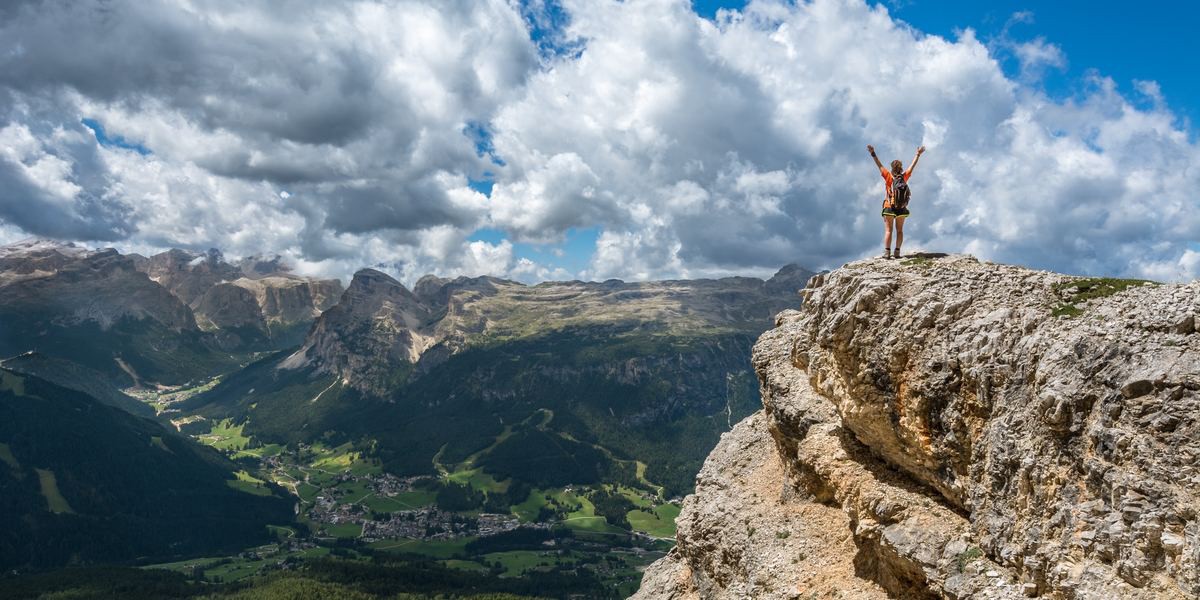“Those who do not move, do not notice their chains.”
– Rosa Luxemburg
We are all tied up by chains. If we never move, never do the things we’re uncomfortable with, we will never discover why we are uncomfortable with them and will have lost the opportunity to break our chains. To become free. And there we are, tied up, by chains made of our fears.
The feeling of stagnancy is one of my biggest fears. This fear drives me to constantly keep moving, making progress of some kind, always pushing me to be busy.
I’m often very tired of this fear controlling how I spend my time and the discomfort it gives me when I go on vacations.
In some cases, these fears(and some others) cause depression and anxiety which may be devastating, leaving us with no other option but seeking professional help. Psychologists and therapists spend a great deal of their time uncovering these deeply hidden fears. Often these fears are formed way earlier.
We are a product of our childhood. Our greatest strengths and deepest fears are often learned when we are kids. These fears help define our character and personality. As we grow older, these fears grow, too, getting stronger by the day and affecting a bigger chunk of our lives.
When my fiancé was young, during one of her kayaking trips with her family, she ended up losing the directional control of the kayak and steered into a spider infested tree that was hanging over the creek. She was terrified of this incident and since then spiders are one of her biggest fears. If this incident never happened, she might not hate spiders so much.
My childhood was not the most financially stable one as I come from a lower-middle class family who struggled to make ends meet. As a result of this, I monitor every single dollar going in and out of my finances with excruciating detail and always stay thrifty, because the fear of running into debt kicks my ass.
Some of us don’t like shrill noises.
Some of us despise tardiness.
Some of us stick to doing things the way we know them and freak out if someone tries to push us into unknown paths.
We are always running away from our fears. But we often do not pause and ask “Why am I afraid of this?” or “Why do I only do it this way?”.
What will happen if we pause and question our often-irrational fears?
Will we become better people? Only time will tell, but most likely we will have lesser constraints in how we live our life. Because the first step in solving a problem is being aware that there is one.
At least by being aware of my fear of stagnancy and questioning its rationality, I am still making progress.
